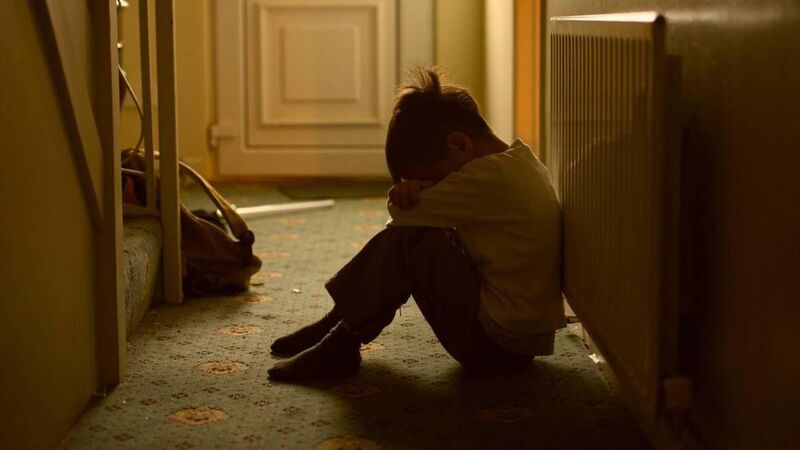For-profit companies playing bigger role in residential care for vulnerable children

The number of children in private residential care placements, operated by for-profit companies, has grown to a point where the chief executive of Tusla, Bernard Gloster, feels it's too much.
David Durney wants to emphasise something: when it comes to children in private residential care placements in this country, it's not just about the money.
"The focus is often on the business, if you're a business looking after children," the chair of the Irish Association of Social Care Workers (IASCW) says, "but one of my young fellas, I had him for 10 years, he's 27 now - I paid for his mother's funeral last year."












